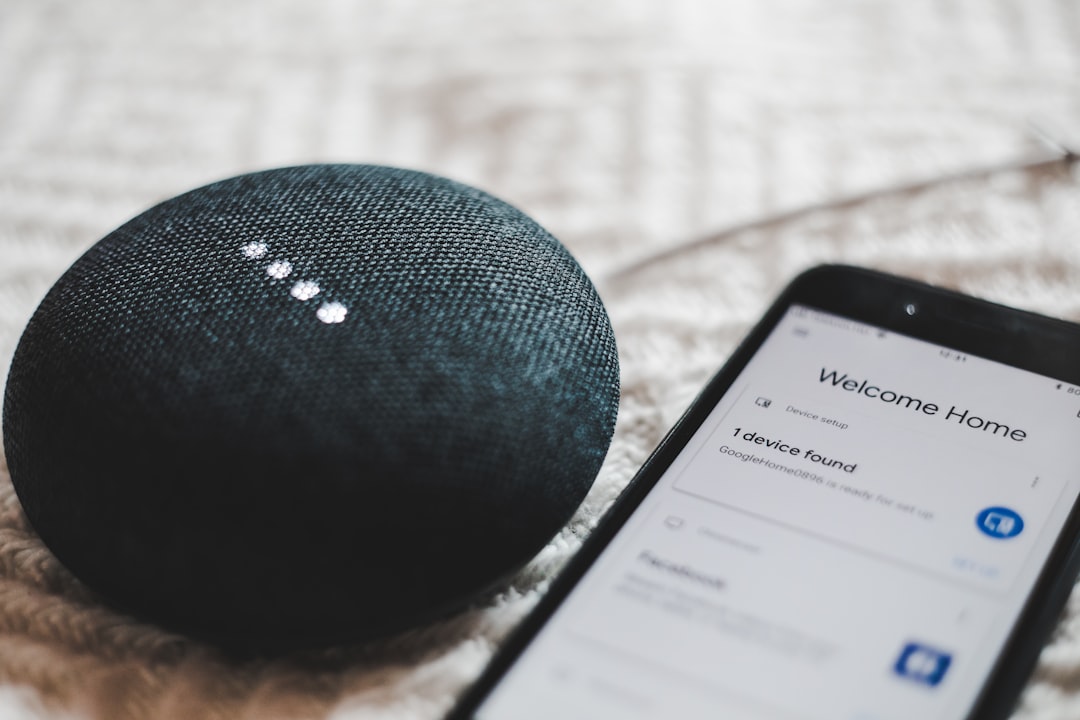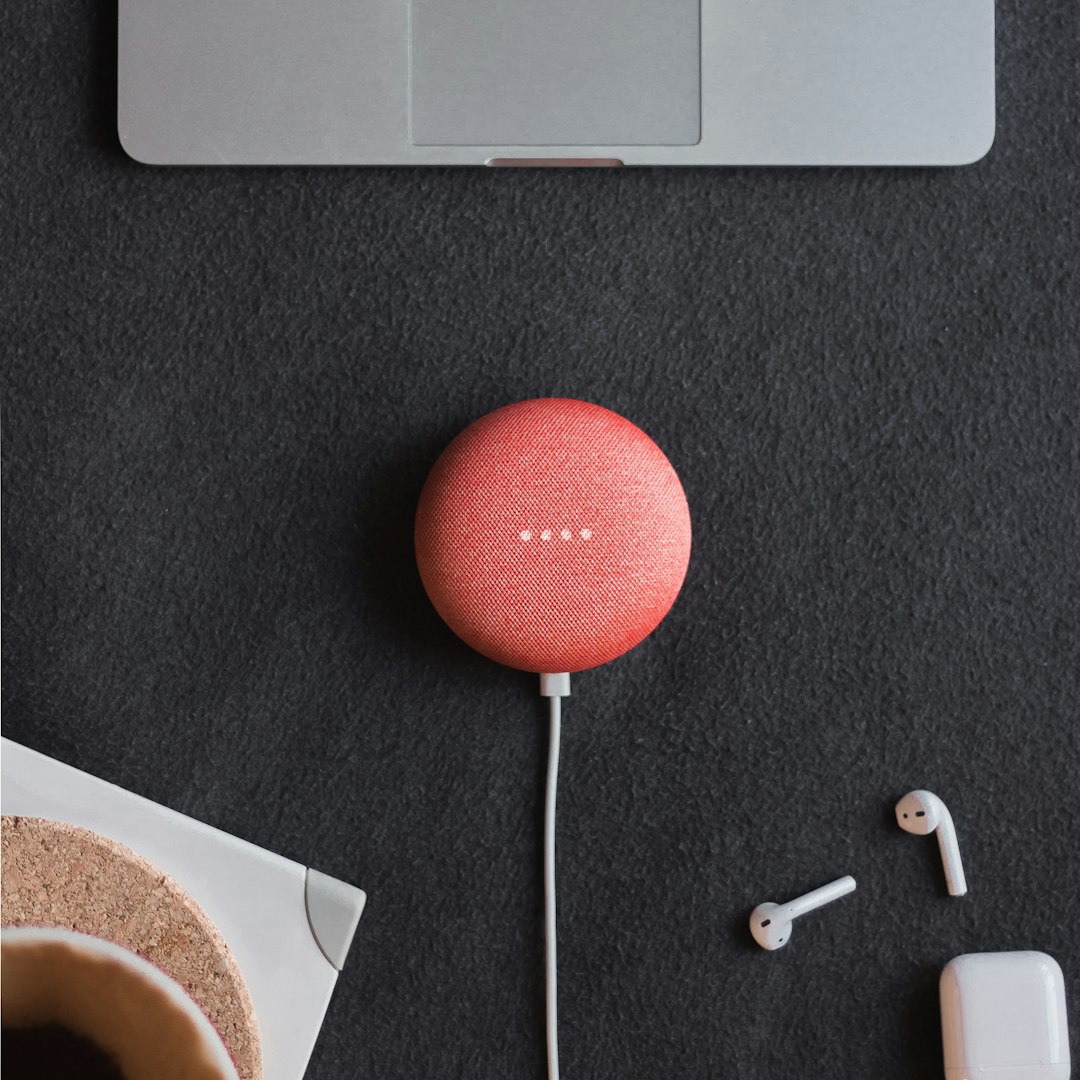In today’s highly connected world, where almost everything is just a few clicks away, the Internet of Things (IoT) has emerged as a game-changer. IoT refers to the network of physical devices, vehicles, appliances, and other objects embedded with sensors, software, and connectivity, enabling them to collect and exchange data. This transformative technology has the potential to revolutionize various industries and reshape the way we live, work, and interact with our surroundings.
One of the most evident impacts of IoT is in the realm of smart homes. Imagine waking up to the aroma of freshly brewed coffee, as your smart coffee machine automatically starts brewing your favorite blend based on your alarm settings. As you step into the bathroom, the mirror displays personalized weather updates and highlights the most important news of the day. The thermostat adjusts the temperature according to your preferences, making your home cozy and comfortable. These are just a few examples of how IoT can seamlessly integrate our daily routines and enhance our living experiences.
Beyond homes, IoT holds immense potential in transforming entire cities into smart cities. From intelligent street lighting to efficient waste management systems, IoT-enabled sensors and devices can optimize resource allocation, reduce energy consumption, and enhance public safety. For instance, smart parking systems can help drivers find available parking spaces in real-time, reducing congestion and saving both time and fuel. Such advancements have the potential to make cities more sustainable, livable, and economically vibrant.
The healthcare industry is another sector benefitting from IoT advancements. Wearable devices, such as smartwatches and fitness trackers, collect vital health data and provide actionable insights to users. These devices not only help individuals track their fitness goals but also enable healthcare professionals to remotely monitor patients with chronic conditions. Patients can receive timely reminders to take medications, and doctors can access real-time data to make informed decisions. With the potential to save lives and improve overall health outcomes, IoT in healthcare is a promising frontier.
Transportation is yet another sector seeing revolutionary changes due to IoT. Connected vehicles equipped with IoT sensors and communication technologies can enhance road safety and optimize traffic flow. For example, real-time data from connected cars can be used to identify trouble spots, enabling traffic management systems to reroute vehicles and prevent congestion. Additionally, autonomous vehicles powered by IoT can reduce accidents caused by human error, making transportation safer and more efficient.
While the Internet of Things brings numerous benefits, it also raises concerns about data security and privacy. With interconnected devices collecting massive amounts of data, there is a need for robust cybersecurity measures to ensure the protection of sensitive information. Striking the right balance between convenience and security will be crucial as IoT continues to proliferate across various domains.
As IoT advances and becomes more integrated into our lives, it is essential to address ethical considerations and ensure that this technology serves humanity’s best interests. Regulatory frameworks need to keep pace with the rapid advancements in IoT, guarding against potential misuse and safeguarding public trust.
In conclusion, the Internet of Things has the potential to transform our world by connecting devices, objects, and systems in ways we could once only imagine. From smart homes to connected cities, healthcare, and transportation, IoT promises to make our lives easier, more efficient, and safer. However, it also brings forth new challenges that need to be carefully managed. With the right approach, IoT can revolutionize our future, ushering in an era of unprecedented connectivity and convenience.






